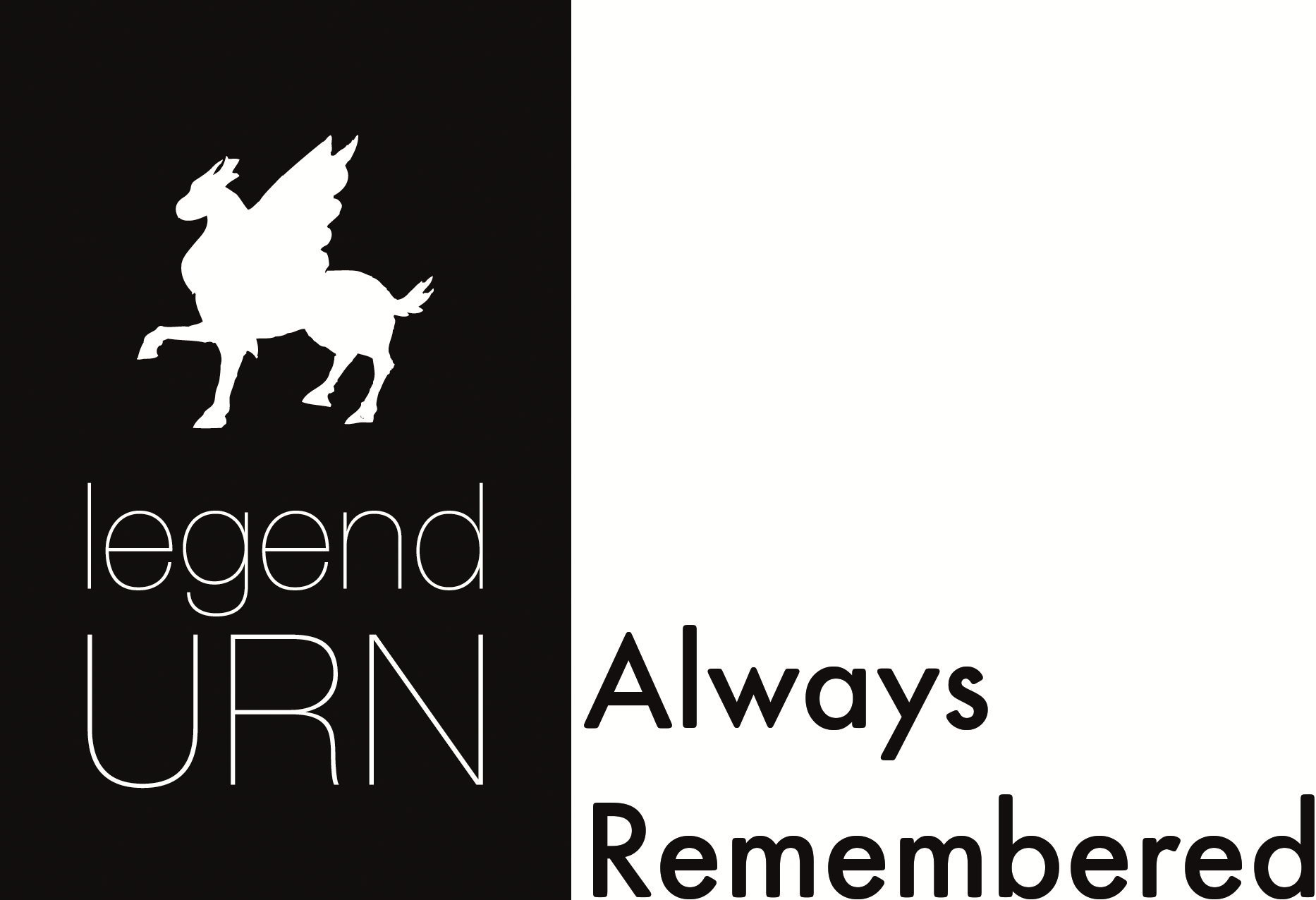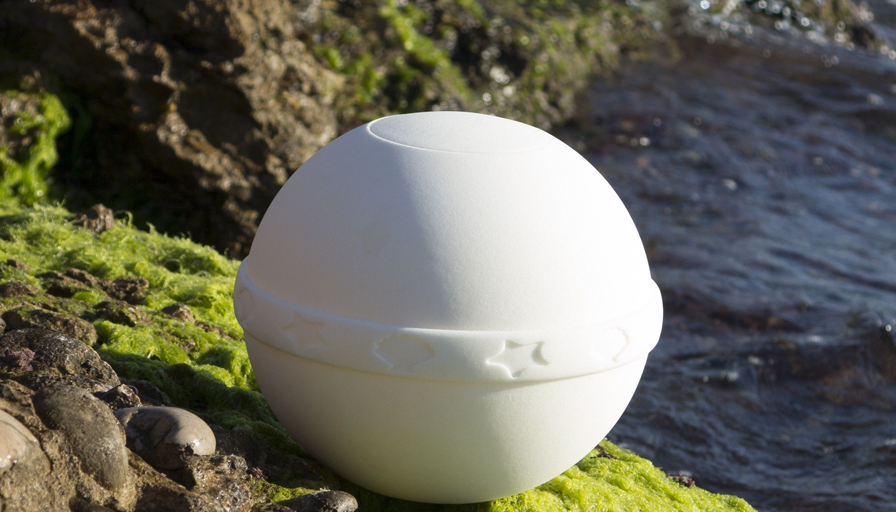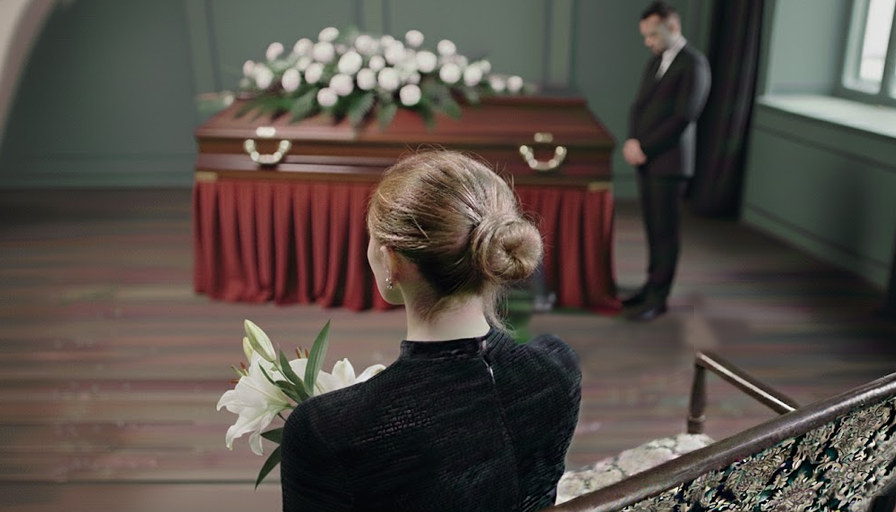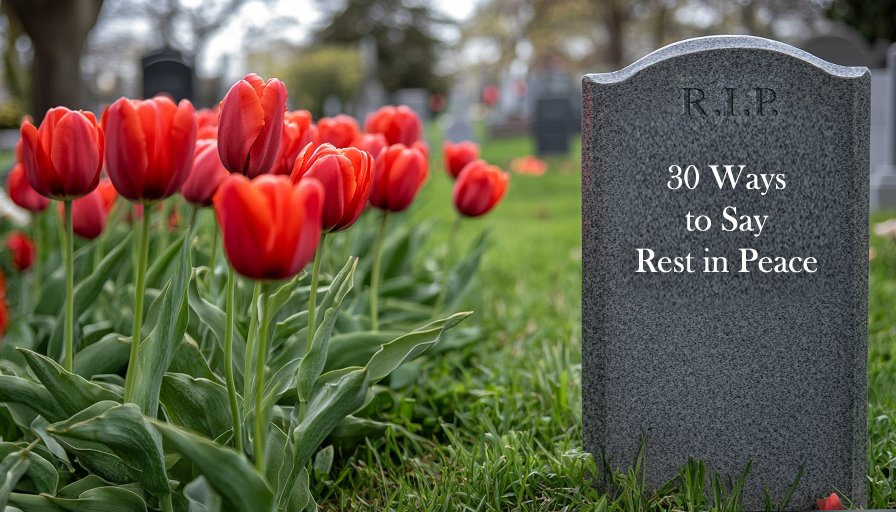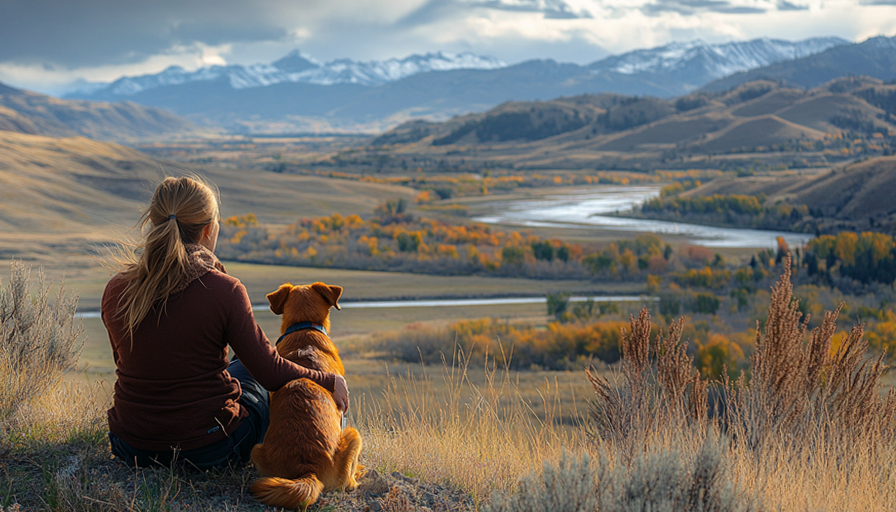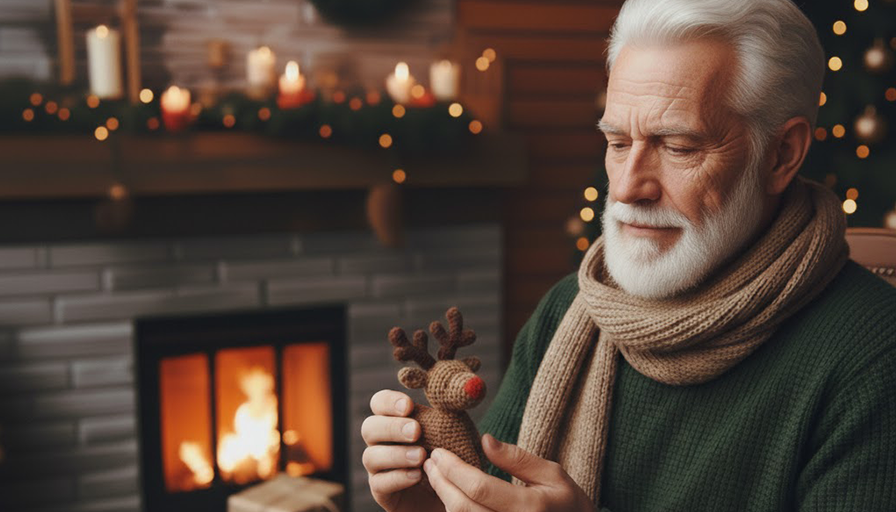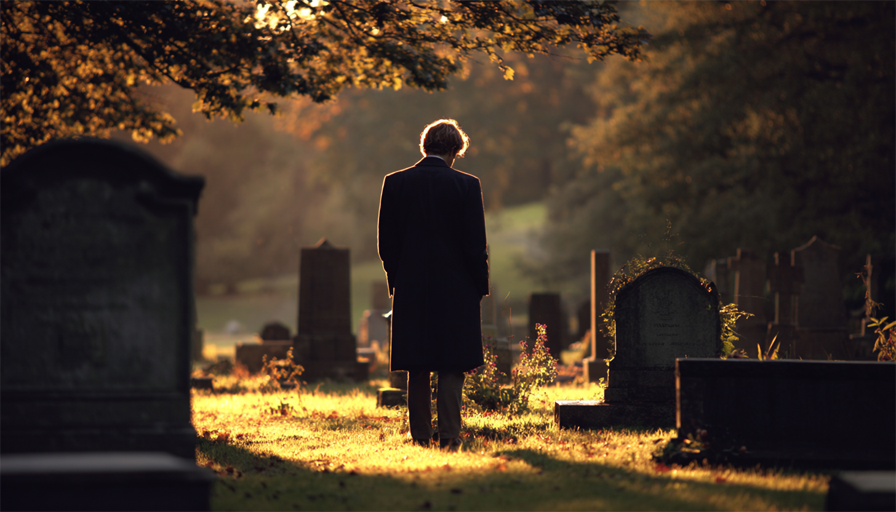Modern Reasons Families Choose Cremation Today
Cremation has steadily become one of the most common choices for families arranging a farewell. What was once a less familiar option is now seen as thoughtful, personal, and flexible. This shift is not driven by a single reason. Instead, it reflects how people today think differently about memory, family, lifestyle, and what feels meaningful at the end of life. More than ever, families want choices that bring comfort, clarity, and room for personalization, and cremation offers exactly that.
Over the past several decades, cremation has moved from a rare choice to a widely accepted and often preferred option. In many Western countries, more than half of all families now choose cremation, with rates continuing to rise each year. This change highlights an important trend: people are no longer selecting funeral traditions simply because they were followed in the past. Instead, they are making thoughtful, intentional decisions about what feels appropriate, meaningful, and practical for their family.
One of the main reasons cremation has grown in popularity is the sense of flexibility it provides. When someone passes away, the days that follow can feel overwhelming. Traditional arrangements often demand quick decisions and strict timelines, which leave little room to process emotions. Cremation removes much of that immediate pressure. Families can take their time to organize a moment that feels right, whether they prefer a service before the cremation, a gathering afterward, or a memorial weeks later when travel or schedules allow. Instead of rushing, they can plan with intention, calm, and care.
This freedom naturally opens the door to more personal memorials. Many people no longer feel tied to conventional ceremonies. Instead, they want a farewell that reflects the individual: a celebration of life outdoors, a small gathering at home, a quiet moment at a meaningful location, or a more traditional service shaped around personal stories. Cremation supports these choices. Families can keep the ashes in a beautifully designed urn, share a portion with loved ones, scatter them in an authorised natural area, or place them in memorial jewelry or keepsakes.. The options are wide, and they allow families to create something sincere and unique.
Changing cultural views have also influenced this rise. Across generations, people are approaching end-of-life decisions with more openness. Many faith communities that once hesitated about cremation have become more accepting, and younger generations often prioritise personal values over strict tradition. Families feel increasingly comfortable choosing what aligns with their own beliefs and what feels emotionally appropriate, rather than following customs simply because they were used in the past.
Another reason cremation has become increasingly common is the broader acceptance within many cultural and religious communities. Faith traditions that once discouraged cremation have adapted to modern realities, offering more flexibility to families. Younger generations also tend to prioritise personal beliefs and emotional connection over strict adherence to historical customs. This growing openness allows families to choose cremation with confidence, knowing it can still fit comfortably within their spiritual or cultural identity.
Environmental awareness plays a role as well. People are more conscious of the footprint they leave behind and want their final choices to align with their values. While cremation is not entirely without environmental impact, many consider it a simpler alternative to traditional burials that involve embalming, large materials, or permanent land use. Some families choose biodegradable urns, natural memorials like tree-burial, or scattering rituals in permitted areas to create a more environmentally considerate farewell. This thoughtful approach reflects the growing desire for simplicity and mindfulness, even in difficult moments.
Many families who care about sustainability appreciate that cremation generally requires fewer materials and less land use than traditional burials. When considering the amount of embalming fluid, concrete, wood, and metal typically used in burial practices worldwide, it becomes easier to understand why people look for gentler alternatives. While cremation is not without its own footprint, pairing it with biodegradable urns, natural memorials, or scattering ceremonies can create a farewell that aligns more closely with modern environmental values.
Simplicity itself is another major factor. For some, a modest, quiet or private farewell feels more fitting. Cremation accommodates both simplicity and detail. It can be arranged with just the essentials, or expanded into a personalised ceremony filled with meaningful touches. Because cremation does not impose a set structure, families can design the goodbye that best suits their wishes, without feeling restricted by traditional expectations.
Financial considerations also influence modern decisions. End-of-life arrangements can be costly, and families appreciate having options that respect both their emotions and their budget. Cremation often provides a more accessible alternative, while still allowing space for beautiful memorials, thoughtful ceremonies, and personal keepsakes. Choosing cremation does not diminish the dignity of the farewell; instead, it allows families to focus their attention on what truly matters: honouring a life with sincerity and respect.
Another increasingly common reason is the desire to keep a loved one close in different ways. Keepsake urns, small sharing urns, and memorial jewelry have become meaningful options for many families. They provide a tangible, comforting connection and allow several family members to hold a personal remembrance. For people who move frequently or have loved ones living far apart, these keepsakes offer a way to stay connected, no matter where life leads.
Today’s lifestyles also influence the choice for cremation. Families are more mobile than ever. Children grow up and relocate, relatives live across different countries, and fewer people have a single “family home” that lasts for generations. Cremation provides a sense of continuity in a world where locations change. Ashes can travel with family members if needed, ensuring that memories do not become tied to one fixed place.
This mobility also affects how families view cemeteries and traditional burial plots. Maintaining a single gravesite is often less practical when loved ones live far apart or move frequently. Cremation offers the flexibility to keep a loved one close, share ashes among relatives, or move them in the future if circumstances change. For many families, this adaptability provides a sense of reassurance and stability in a world where physical locations are no longer permanent.
Above all, cremation resonates with families because it gives them the ability to make decisions that feel deeply personal. Whether someone prefers a simple farewell or a detailed celebration of life, cremation allows those wishes to be carried out without pressure or haste. This sense of autonomy. The freedom to choose a meaningful and authentic way to say goodbye is one of the strongest reasons families continue to embrace cremation today.
When all these reasons come together, cremation becomes more than just an alternative to burial. It reflects the modern desire for choice, flexibility, and meaningful remembrance. Families want ceremonies that truly capture who a person was, without being limited by structure or time. They want room to breathe, to think, to talk, and to honour someone in a way that feels genuine.
Cremation allows for that space. It gives families the ability to shape the farewell in a way that feels personal and sincere. It supports tradition where desired, creativity where meaningful, and simplicity where comforting. For many people, this combination makes cremation not only a practical option, but a deeply thoughtful and emotionally fitting one.
If you have questions, wish to explore urn options, or feel that information is missing, please contact us through the contact form. We are always here to help you make choices with confidence and care.
